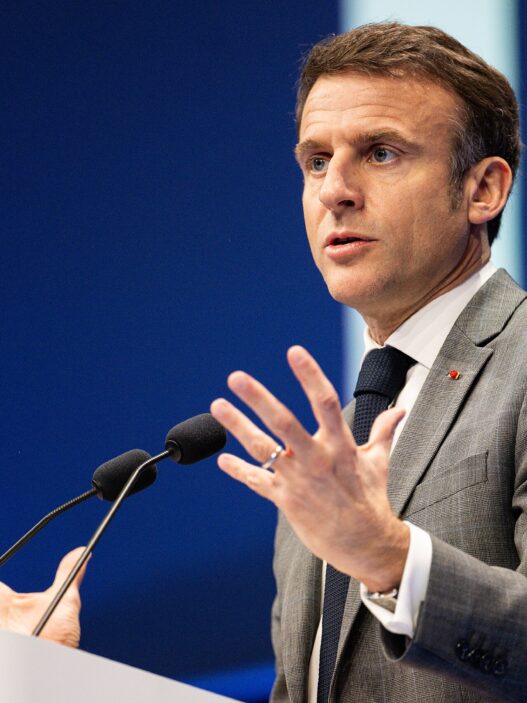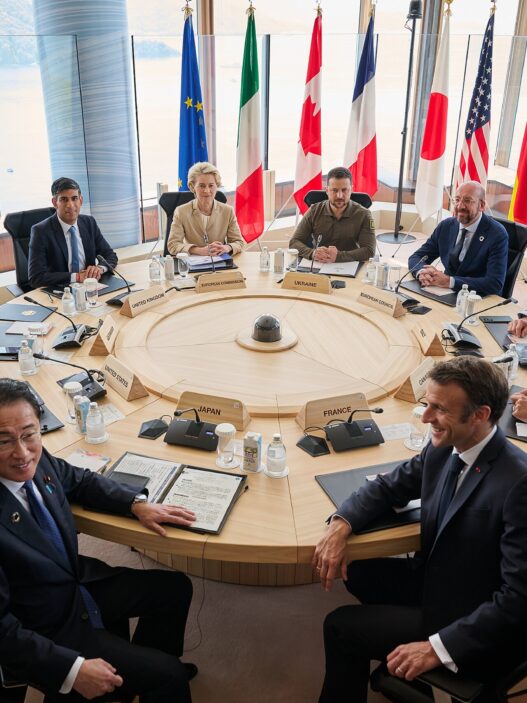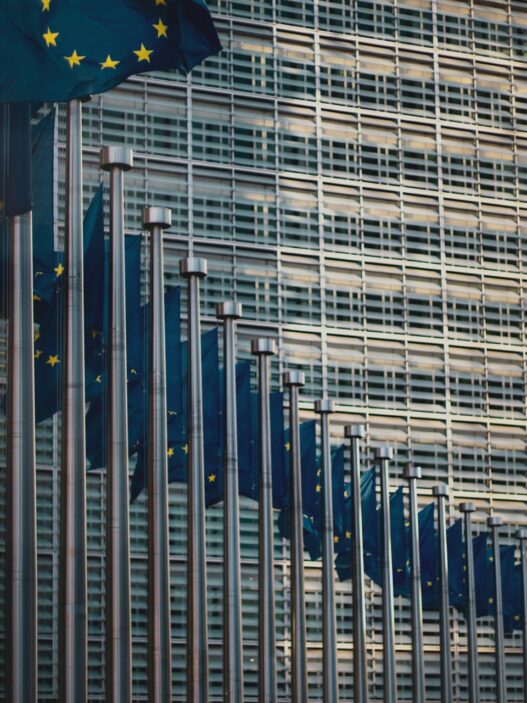For decades, Germany has been an unwavering champion of European integration. From the establishment of the Euro to the creation of the European Stability Mechanism, Berlin has consistently played a leading role in forging a more unified European financial system. However, its recent resistance to the proposed UniCredit-Commerzbank merger presents a striking departure from this tradition (Jones, 2024). This opposition is not merely a matter of corporate maneuvering; it signals a broader shift in Germany’s stance on financial integration.
A New Form of Protectionism?
At the heart of Germany’s opposition lies a deep-seated economic nationalism that contradicts its usual Europeanist rhetoric. The notion that a foreign institution—especially an Italian bank—could gain a controlling stake in Commerzbank has ignited concerns about economic sovereignty. The political class, including figures such as Chancellor Olaf Scholz, Finance Minister Christian Lindner, and CDU leader Friedrich Merz, has framed the potential takeover as a threat to Germany’s financial stability, invoking memories of the 2005 UniCredit takeover of HypoVereinsbank, which led to significant job losses (Storbeck et al., 2024). Merz referred to the bid as a “disaster for Germany’s banking market,” reinforcing concerns about employment and economic autonomy (Storbeck et al., 2024).
UniCredit, under CEO Andrea Orcel, aggressively pursued Commerzbank, acquiring a 21% stake through a mix of direct investments and derivative transactions, a move that caught German policymakers off guard (Meredith, 2024). The rapid accumulation of shares, particularly the 4.5% obtained through derivative transactions, was viewed as a hostile tactic, further aggravating tensions (Marsh, 2024).
Yet, this protectionist impulse is in stark contrast to Germany’s historical support for cross-border financial integration. The same government that has championed EU-wide fiscal rules and a more integrated banking union now finds itself resisting market-driven consolidation. This apparent contradiction raises an uncomfortable question: is Germany’s commitment to European financial integration only valid when it serves its national interests?
The Political Economy of Financial Conservatism
Germany’s hesitation is not solely driven by economic concerns but also by the precarious political climate. With the Scholz government grappling with economic stagnation, declining industrial output, and the challenges of the energy transition, there is little appetite for policies that could be perceived as risking domestic jobs or diluting control over key financial institutions (Davis, 2024).
The Mittelstand—the backbone of the German economy—remains heavily reliant on domestic banks, particularly Commerzbank, which has a market capitalization of approximately €19.3 billion, compared to UniCredit’s €65 billion (Davis, 2024). The fear that an Italian-led restructuring could jeopardize lending to small and medium-sized enterprises adds another layer to the opposition. However, such concerns ignore a larger reality: Europe’s banking sector remains highly fragmented, with many institutions lacking the scale to compete with global players such as JPMorgan or HSBC. If Germany truly aspires to lead Europe into the future, it must confront the reality that financial consolidation is an inevitable step toward creating globally competitive European banks (Marsh, 2024).
A Europe of Selective Integration?
Germany’s resistance to UniCredit’s bid exposes an uncomfortable reality about the European project: integration is often pursued selectively. While Berlin has supported greater European oversight in fiscal policy, it has been notably reluctant to embrace financial consolidation when it might result in diminished influence over key domestic institutions.
This double standard is particularly evident in light of Germany’s recent approval of Lufthansa’s acquisition of the Italian airline ITA Airways, suggesting a selective application of integration principles when national interests are at stake (Storbeck et al., 2024). A senior EU diplomat criticized Berlin’s stance, stating that Germany “effectively disregarded” Mario Draghi’s recommendations for capital market integration and cross-border banking mergers (Storbeck et al., 2024). Such inconsistencies undermine Berlin’s credibility as a champion of European unity and reinforce skepticism among other EU members regarding its true commitment to integration.
Undermining the Banking Union?
The European Central Bank (ECB) and other EU policymakers have long advocated for cross-border banking consolidation as a means to strengthen the Eurozone’s financial stability. The European Commission’s efforts to advance the Banking Union and Capital Markets Union are rooted in the idea that a more integrated banking system would facilitate risk-sharing and increase resilience in times of crisis (Storbeck et al., 2024). By blocking UniCredit’s attempt to acquire Commerzbank, Germany is not only stalling these efforts but also setting a precedent that could deter future cross-border banking mergers.
Mario Draghi’s recent report on European competitiveness highlights the urgent need for financial consolidation to attract investment and support long-term growth. His report estimated that the EU requires around €800 billion in new investments to remain competitive with the US and China, a goal that hinges partly on capital market integration and common EU borrowing (Marsh, 2024). By resisting this merger, Germany risks leaving European banks unable to compete with their American and Chinese counterparts, further weakening the EU’s financial standing on the global stage (Marsh, 2024).
A Path Forward?
Germany’s opposition to the UniCredit-Commerzbank merger is not just a single event but a symptom of a larger tension within the European project. While economic nationalism is on the rise across Europe, Berlin has a unique responsibility as the EU’s largest economy to lead by example.
A more pragmatic approach would be for the German government to negotiate safeguards—such as job guarantees and commitments to maintaining SME lending—rather than outright blocking the takeover. UniCredit CEO Andrea Orcel has outlined a clear strategy for improving Commerzbank’s performance, including cost savings and operational efficiencies that could make it a leaner, more agile institution (Davis, 2024). By rejecting this opportunity, Germany is effectively denying Commerzbank the chance to benefit from much-needed investment, innovation, and expertise.
If Germany continues down this path of selective financial integration, it risks not only damaging its own credibility but also slowing the progress of European financial consolidation at a time when unity is more important than ever.
The question, then, is whether Germany will reconcile its European ambitions with its national anxieties—or whether its opposition to financial integration signals the beginning of a more fragmented economic future for the EU.
References:
- Bauer, M. (2024). The Impact of Banking Mergers on Employment: A European Perspective. Financial Studies Journal, 45(2), 156-178.
- Brown, A. (2024). The UniCredit-Commerzbank Saga: A Test for European Banking Integration. European Financial Review, 32(4), 321-334.
- Davis, P. J. (2024). UniCredit Needs Germany to Think More European About Commerzbank. Bloomberg.
- Marsh, D. (2024). Watershed for Europe in UniCredit-Commerzbank Dispute. OMFIF.
- Meredith, S. (2024). German Authorities Caught Cold by UniCredit’s Swoop on Commerzbank. CNBC.
- Storbeck, O., et al. (2024). *EU Policymakers Lash Out at Berlin’s Commerz



















